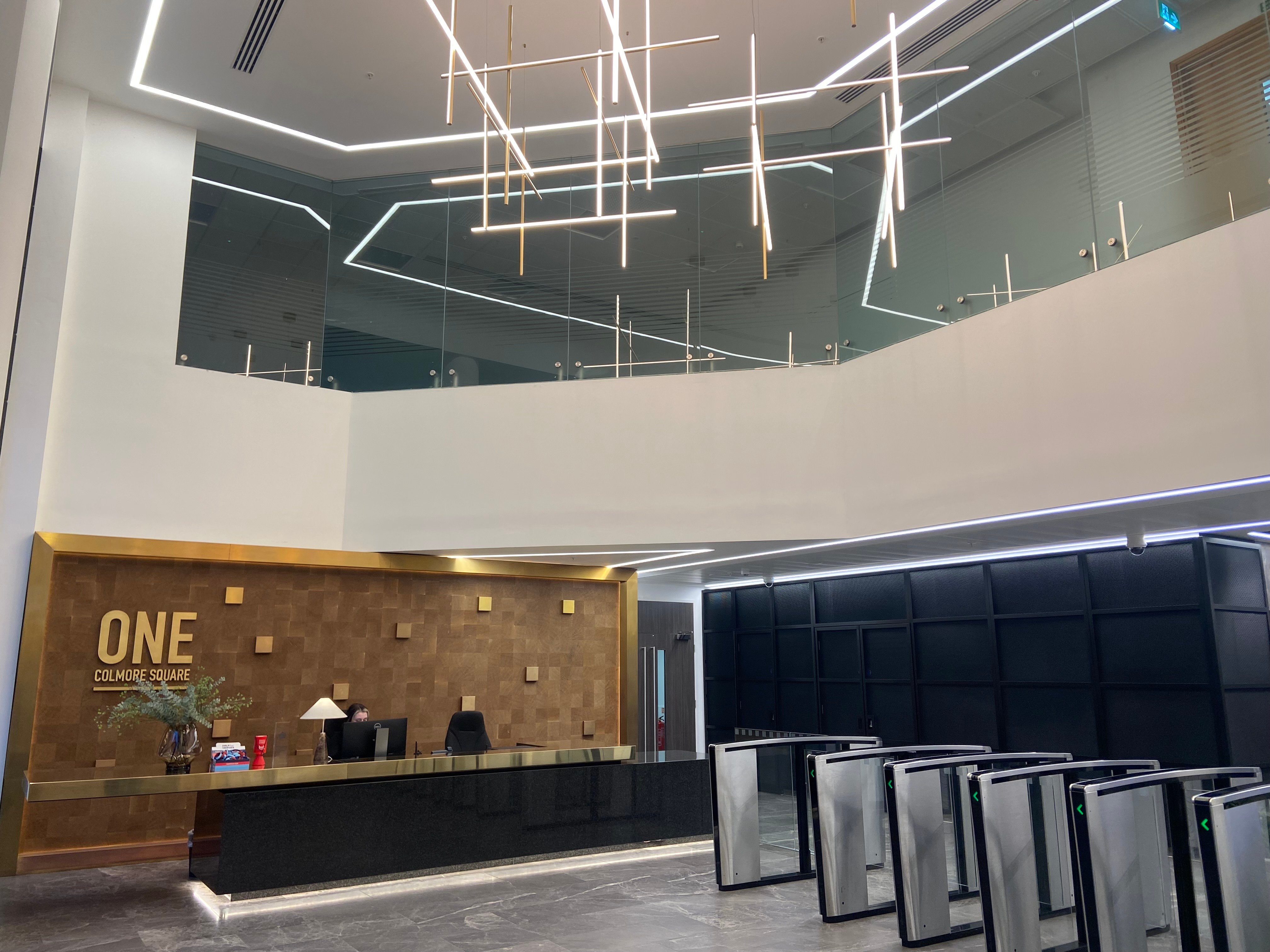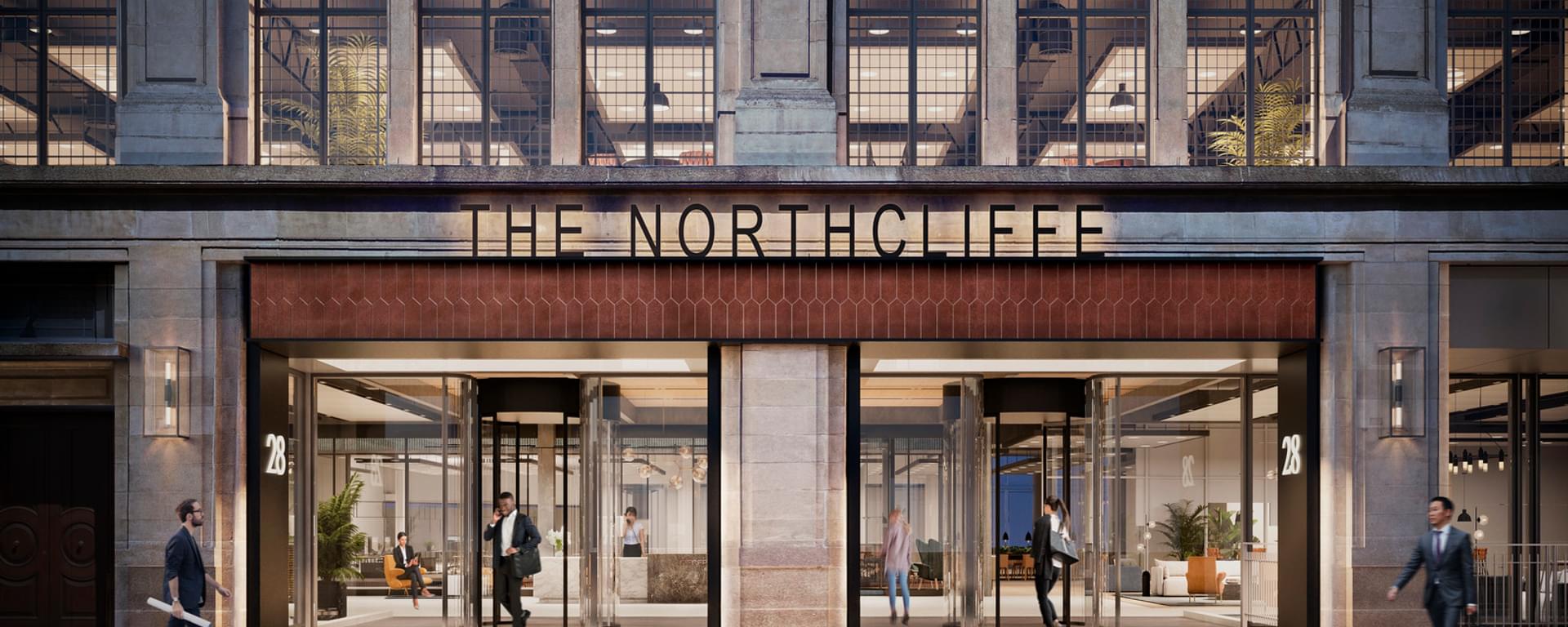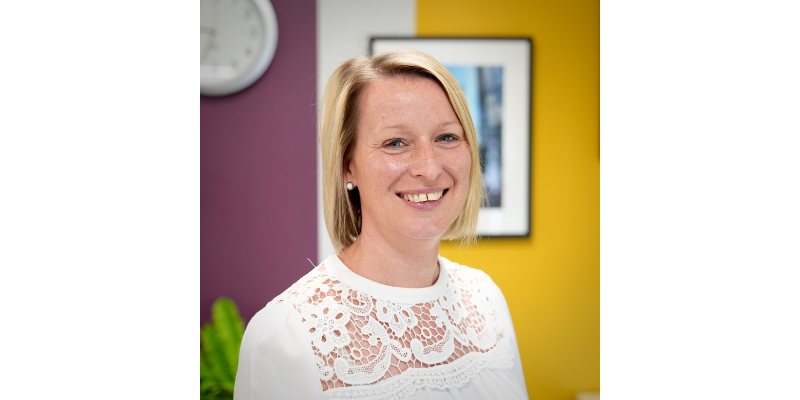Locale investigates why the real estate industry needs an eco strategy reform post-COVID-19.
Since the stay at home orders were issued in March, the cost of COVID-19 has become unprecedented, with the forced restrictions inflicting huge economic and social shocks across the globe. This includes education disruption for 1.6 billion across the globe, and 40-60 million people expected to be pushed into extreme poverty.
Despite the overwhelming negative impact, a small silver lining in this particularly black cloud could be the unintentional benefit to the environment, showing decreased carbon emissions, reduced pollution, improved air quality and bustling wildlife.
A demand for some time
In real estate, drastic changes have been demanded for a sustainable future for some time, with the property industry most recently being widely criticised at the MIPIM for its impact on the environment. It could be the COVID pandemic that finally forces its hand and influences real change. The future of many industries has been questioned, with real estate being selected as a prime example of one that could be transitioned to virtual permanently. The pros for this in terms of sustainability is convincing, as it eliminates the need for commuting, abandons paper-based processes in favour of digital, and has companies considering smaller office spaces as flexible working looks more likely to be offered – and accepted – post lockdown.
Adapting to new normal
The ease at which the industry has converted to working and managing remotely could be viewed as alarming to industry players who now must fast adapt to these accelerated changes. Estate agents have been able to quickly transform their portfolios by showcasing their portfolios using technology. It’s called into question the necessity of the office, with companies possibly seeking to utilise employees’ own space through flexible – or permanent – remote working post-COVID 19.
The idea of remote working by using virtual solutions is not just beneficial to individuals who require flexibility, but could also have a positive environmental impact. The implementation of tech in these situations reduces the need for travel to property locations and offices, digitises processes, and reduces energy usage. With buildings accounting for approximately 40% of global energy demand, it’s critical that the commercial and residential property sectors push for seismic change to not only survive the virus but secure a place in the future.
A push from leadership
Coaxing people back to the office environment will be a challenge for leaders and organisations within the property sector knowing that remote working has proved to be just as productive and has the additional perk of saving the environment. Many industry giants are recognising that changes must be made before it’s too late, with the Institute of Workplace and Facilities Management (IWFM) partnering with The Climate Group to promote sustainability in business. Their collaboration is meant to educate and inspire those to accelerate the de-carbonisation of the built environment and showcase best practice, while also addressing common barriers. By creating workshops and events that focus on the environmental issues we continue to cause, and show the solutions, buildings are able to take responsibility for sustainability and therefore cities and buildings are able to make smarter, sustainable choices that also make economic sense. This is a major step towards a green future within real estate. With IWFM taking this step as an industry leader, hopefully, the message will spread, and others within the sector will follow suit.
Next steps
The current way of operating is no longer feasible. The industry acknowledges that there has been a shift in social economics towards the behavior, patterns, and responsibility of our built environment. COVID-19 has opened our eyes and the eyes of our consumers earlier than predicted and we must act as quickly to progress to the new social attitudes.
Managing Agents will be playing a key role in implementing a sustainable strategy to re-attract occupiers. Their adaptation will be make or break in 2020 and beyond, and so here are 5 key tactics to think about:
- Building
Tenants will be focusing on the experience of a building, is it smart? Is it light? Is it open-plan? Not only this, but green-conscious tenants will demand a sustainably built and operated site. So from acorn, a building needs to have environmental thought behind it.
- Waste
Managing agents need to step up their responsibility and support tenants on the best practice of disposing and/or reducing their waste. Clearer guidelines and standards must be created and enforced for landlords to comply.
- Energy
As stated before, energy consumption within commercial real estate is high, and so sharing a strategy on how to reduce energy and a look into renewable technologies is critical to maintaining healthy energy usage.
- Travel
As one of the primary benefits of remote working is zero travel time, resulting in reduced CO2, then transport must be explored. The dependency on car travel is damaging to the environment and to the employee. While this is not in the full control of a managing agent, working with buildings and occupiers to offer alternative methods, such as a cycle to work schemes or a car sharing initiatives may well push individuals to consider this alternative.
- Digitisation
Businesses who have adopted technology are the ones who have managed to stay operational during this crisis, being a tool to employees and business as usual for consumers. For both to want to return to a new normal and further than their front door since March, managing agents need to implement tech that provides contactless processes, and promotes hygiene and social distancing measures.





